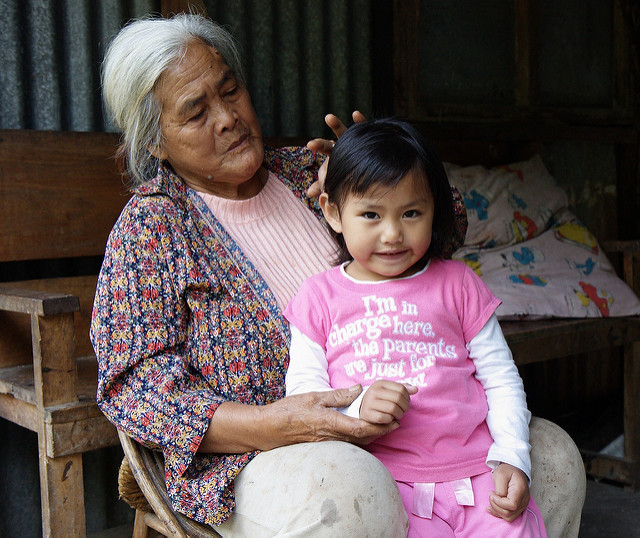
While U.S. society often valorizes the nuclear family — two-parent households with children — many families do not fit this model. In honor of Mother’s Day this past weekend, Ms. Magazine highlighted the long history of collective mothering in the United States. Social scientists demonstrate how the individualized, biological model of mothering emphasized in the United States can be a problem:
“Many feminist sociologists have pushed back against narrow understandings of parenting. Sharon Hays argues that pressures for mothers to “do it all” though intensive mothering styles alienates and emotionally depletes women…Sharing care-work can alleviate some demands of what sociologist Arlie Russell Hochschild calls the ‘second shift,’ or the household labor usually left to women after the formal workday ends.”
Further, certain groups rely more heavily on collective mothering. For African Americans, collective mothering has been important for survival:
“Patricia Hill Collins describes how blood mothers, ‘other mothers,’ grandmothers and community mothers have collectively cared for Black children since slavery, playing integral roles in Black community survival. The mainstream media tends to associate these mothering practices with working-class and poor mothers of color, but Collins points out that Black middle-class mothers also rely on community mothering to protect their children from everyday forms of racism.”
Mothers who immigrate to another country for work also depend on collective parenting — often by family and friends — if their children remain in their country of origin. While many Native American families rely on collective child-raising practices as well, the U.S. government rarely recognizes them as valid forms of parenting. Social workers have taken away thousands of Native American children and placed them into mostly White, nuclear families.
So, when we celebrate Mother’s Day, we must keep more than individual mothering in mind.

Comments 1
suraj — September 29, 2022
This collective mothers are always do great things for her child that is one of the great creation of Mahabali god.
myPennMedicine